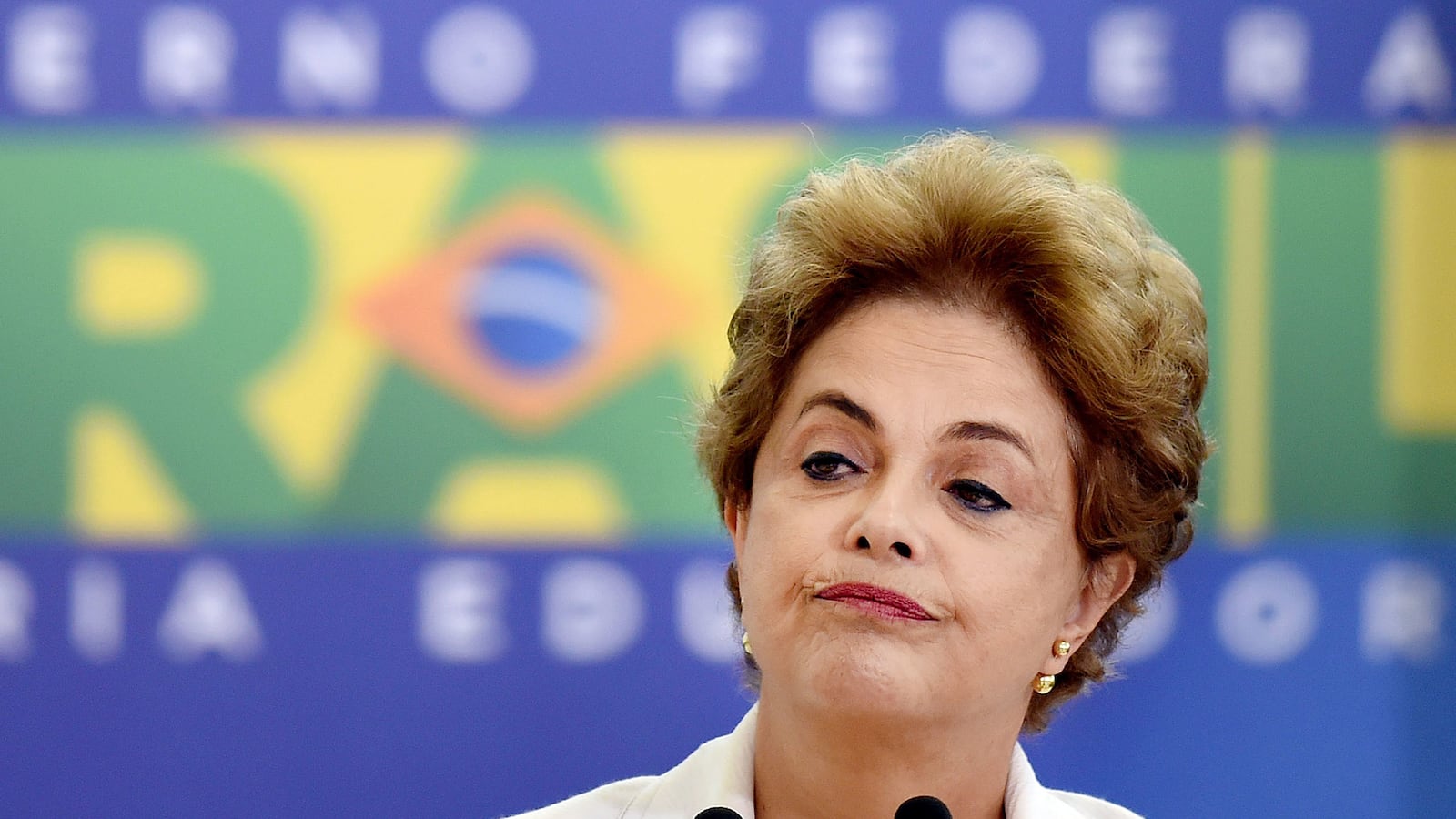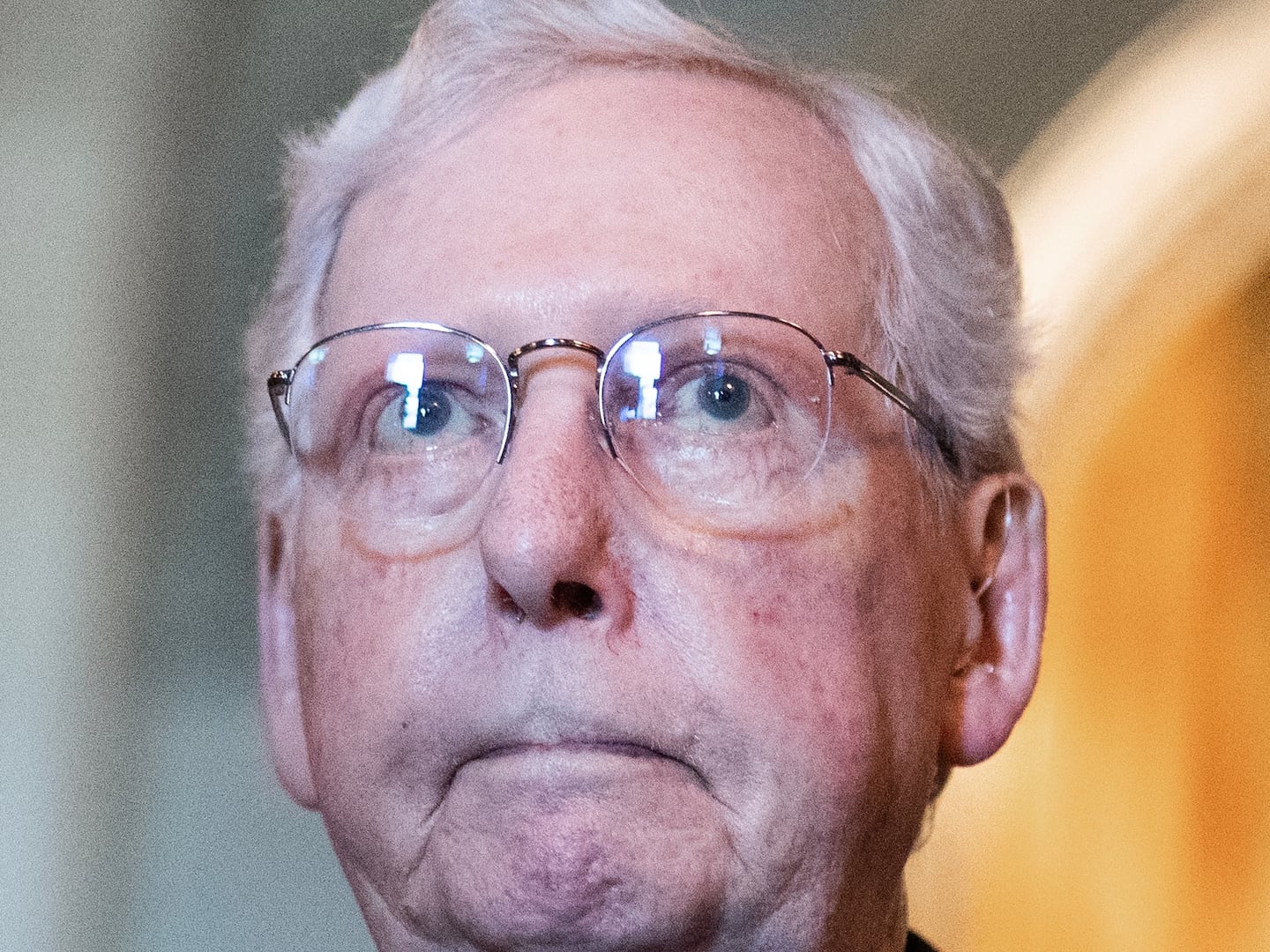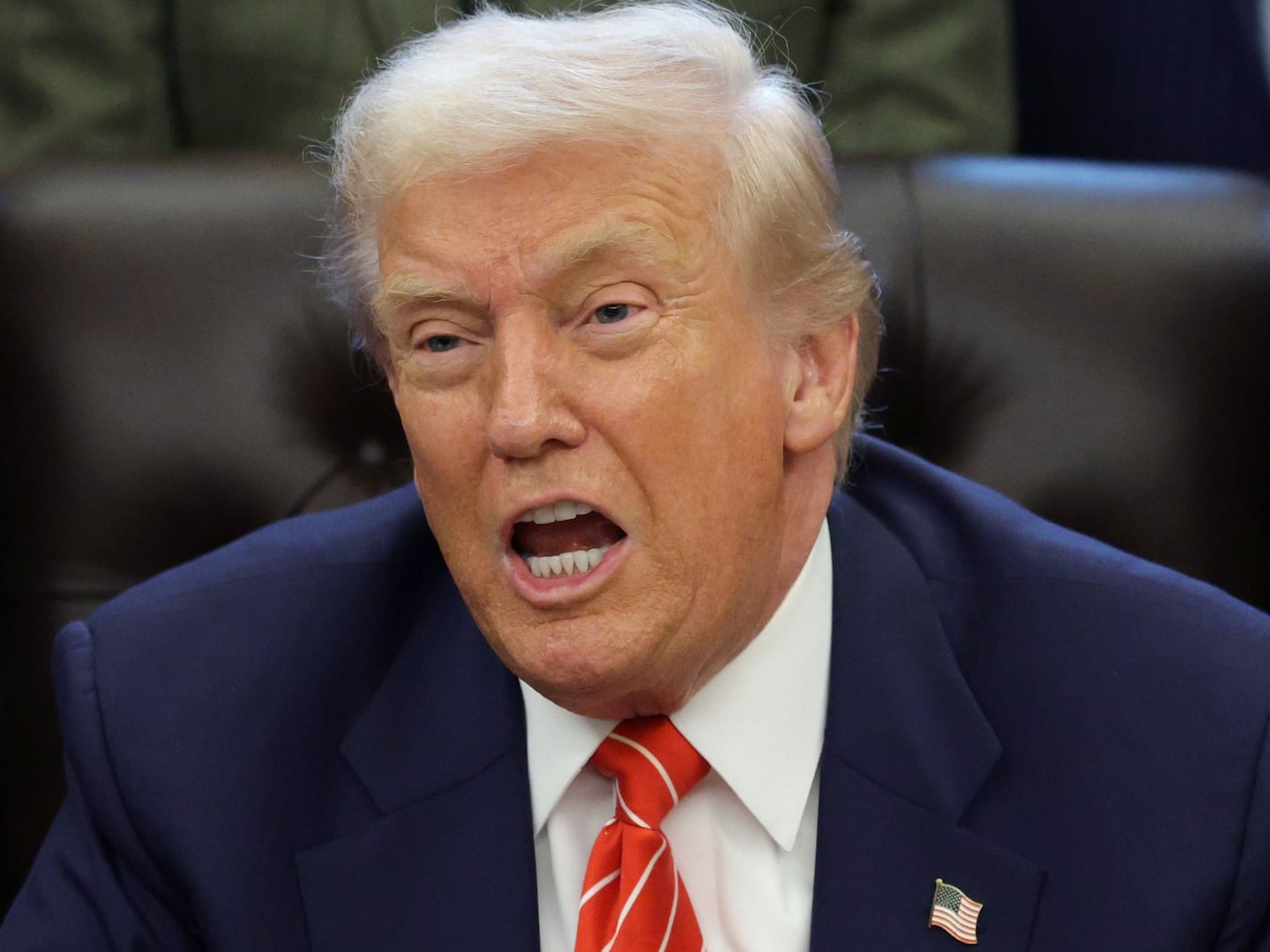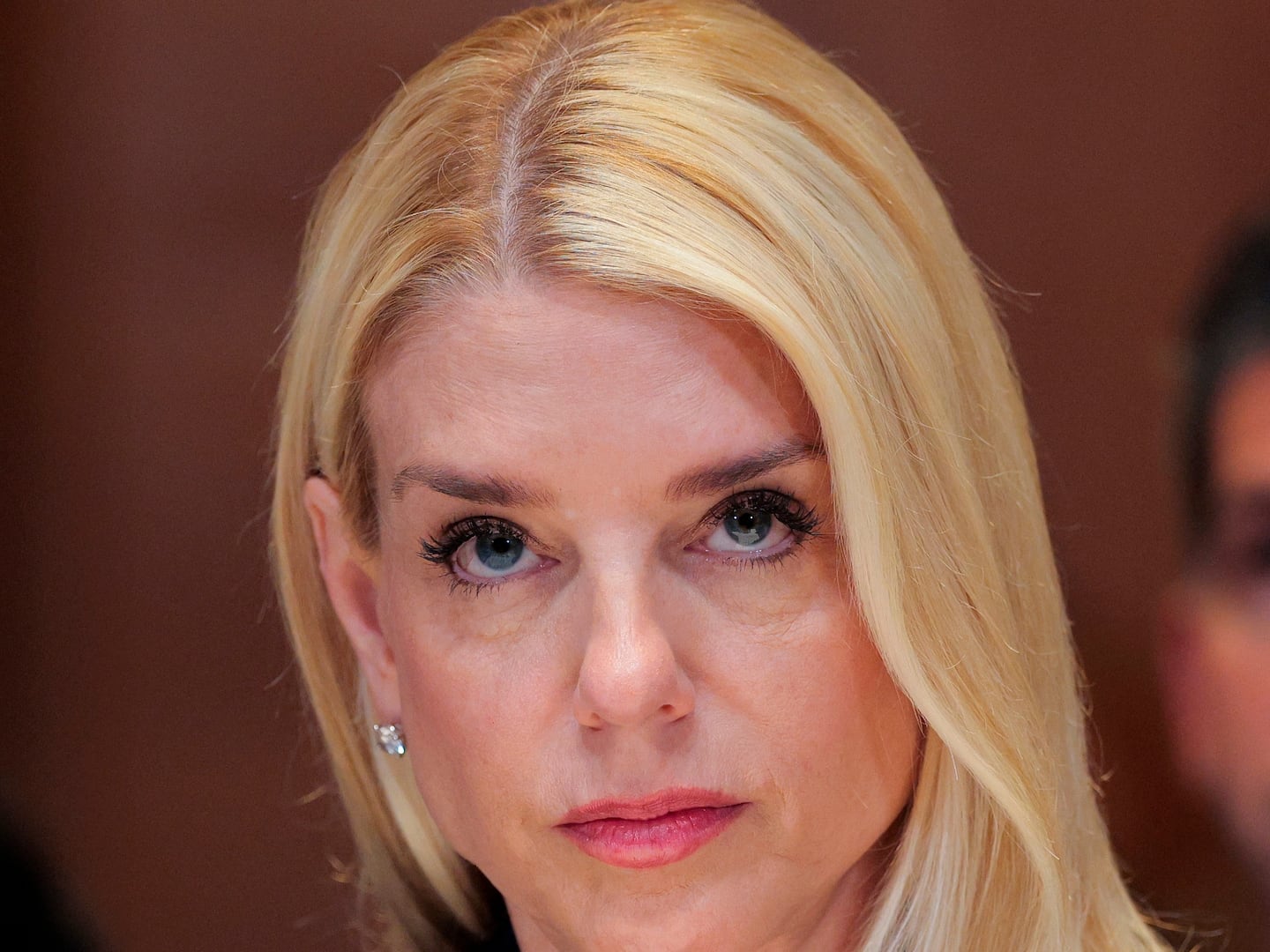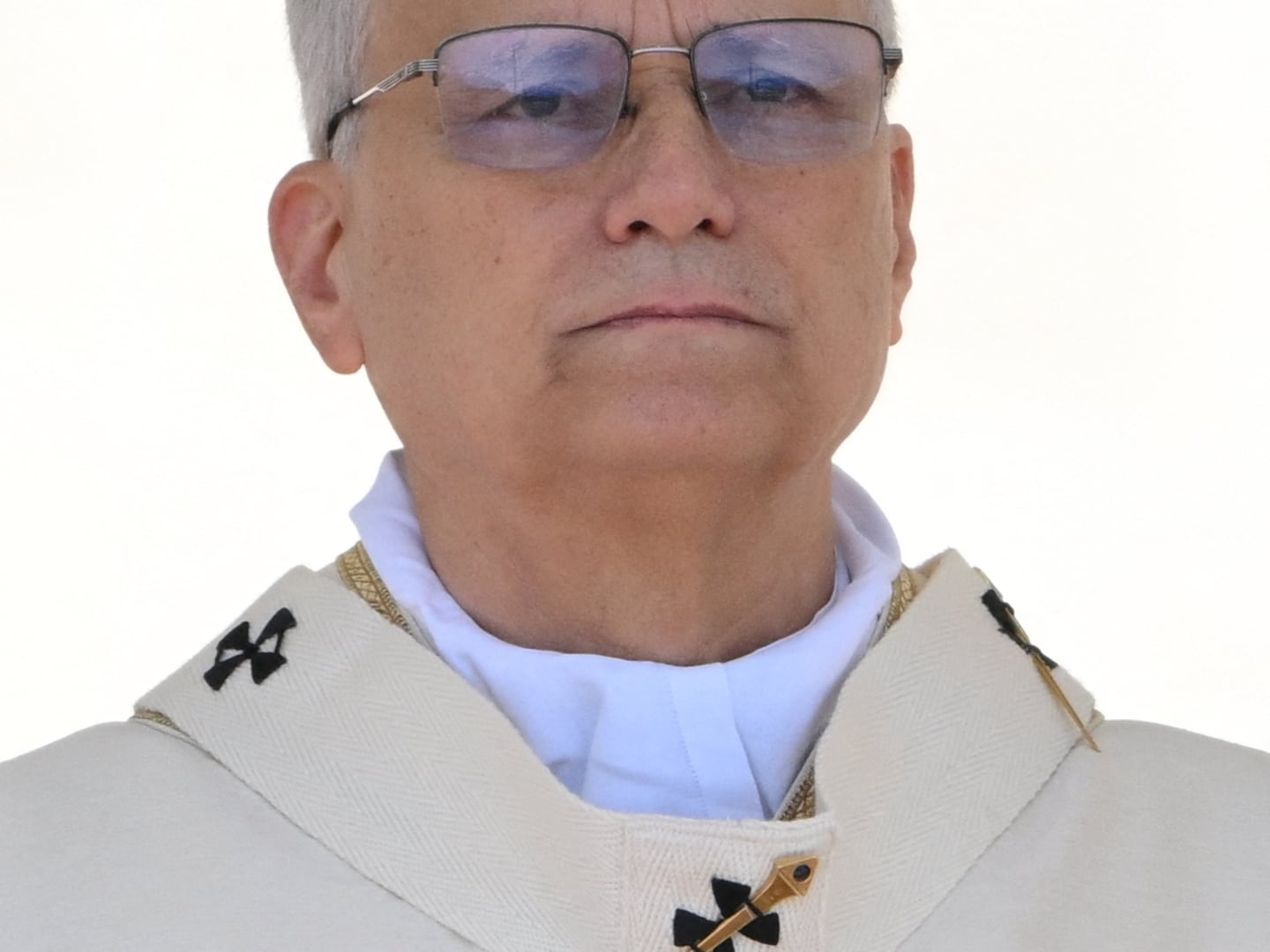President Dilma Rousseff’s impeachment trial is only one of the major issues facing Brazil that the 2016 Rio Olympics provided a brief break from—there’s also the rampant poverty, widespread violence, a Zika outbreak, and government corruption.
All of these problems were briefly forgotten while 500,000 tourists and more than 11,000 athletes were in attendance for the 31st Olympiad. But just days after the end of the Games, Brazil will be forced to confront the fact that Rousseff is likely to be the second government executive official to be impeached since the military dictatorship ended in 1985 (former President Fernando Collor de Mello was impeached in 1992).
The president’s trial will begin Thursday, August 25th, in Brazil’s Senate.
Rousseff’s entire career has been mired in controversy. In 2005, prior to her appointment to executive office, Rousseff was promoted by President Luiz Inácio Lula da Silva from Minister of Energy to Chief of Staff after José Dirceu was forced to resign due to a vote-buying corruption scandal. Rousseff served as Chief of Staff for Lula for five years, stepping down in 2010 to run her successful campaign for the presidency. In 2011, Rousseff—an economist by training—became the first female president of Brazil.
Rousseff was reelected in 2014 in a narrow victory over two Brazilian Social Democracy Party (PSDB) candidates, José Serra and Aécio Neves, in a “hotly contested” runoff election.
The current charges against Rousseff relate to allegations of illegal federal budget manipulation. In December of 2015, an impeachment request was accepted by the president of the Chamber of Deputies, Eduardo Cunha, also known as Rousseff’s “political nemesis.” Rousseff is being charged with administrative misconduct and disregard for the federal budget, putting her in violation of items V and VI of article 85 of the Brazilian Constitution as well as article 36 of the Fiscal Responsibility Law (FRL).
She is also accused of manipulating the government’s budget deficit and interfering with government accounts.
According to Paulo Trevisani of The Wall Street Journal, the president has decided to testify in her own defense, since she believes that “everything she did was legal or at least it was based on precedent from previous presidents.”
In order to be impeached, 54 of the 81 Brazilian senators will have to vote against Rousseff. Back in March, officials from the Democratic Movement Party (the PMDB), a large, catch-all political group, announced that it would separate itself from Rousseff's coalition, causing her to lose valuable votes and political support.
Rousseff’s vice president, Michel Temer is a representative of the Democratic Movement Party and, after a unanimous decision to forgo the alliance with Rousseff, his six ministers and all PMDB members with government appointments resigned from their positions.
Following Rousseff’s likely impeachment, Vice President Temer– who is currently serving as acting president– will be sworn in as the official president of Brazil.
According to Forbes, “of the dozens of politicians once running under the Workers’ Party banner for the October municipal elections, nearly half have switched parties.” According to local papers, one third of mayors up for election and nearly 30 percent of the party’s politicians running for local congress have switched parties to avoid affiliation with Rousseff.
Rousseff is a member of the Worker’s Party (PT), a large, liberal-leaning political movement, one of the largest in South America, which came to power in 2003. The political opponents she beat in 2014 to win reelection were both from the Brazilian Social Democracy Party, a centrist party that has provided most of the PT’s opposition.
The ousting of President Rousseff would mark the end of the left-of-center Workers’ Party 14-year rule, which she has been accused of destroying by moving it even further left.

